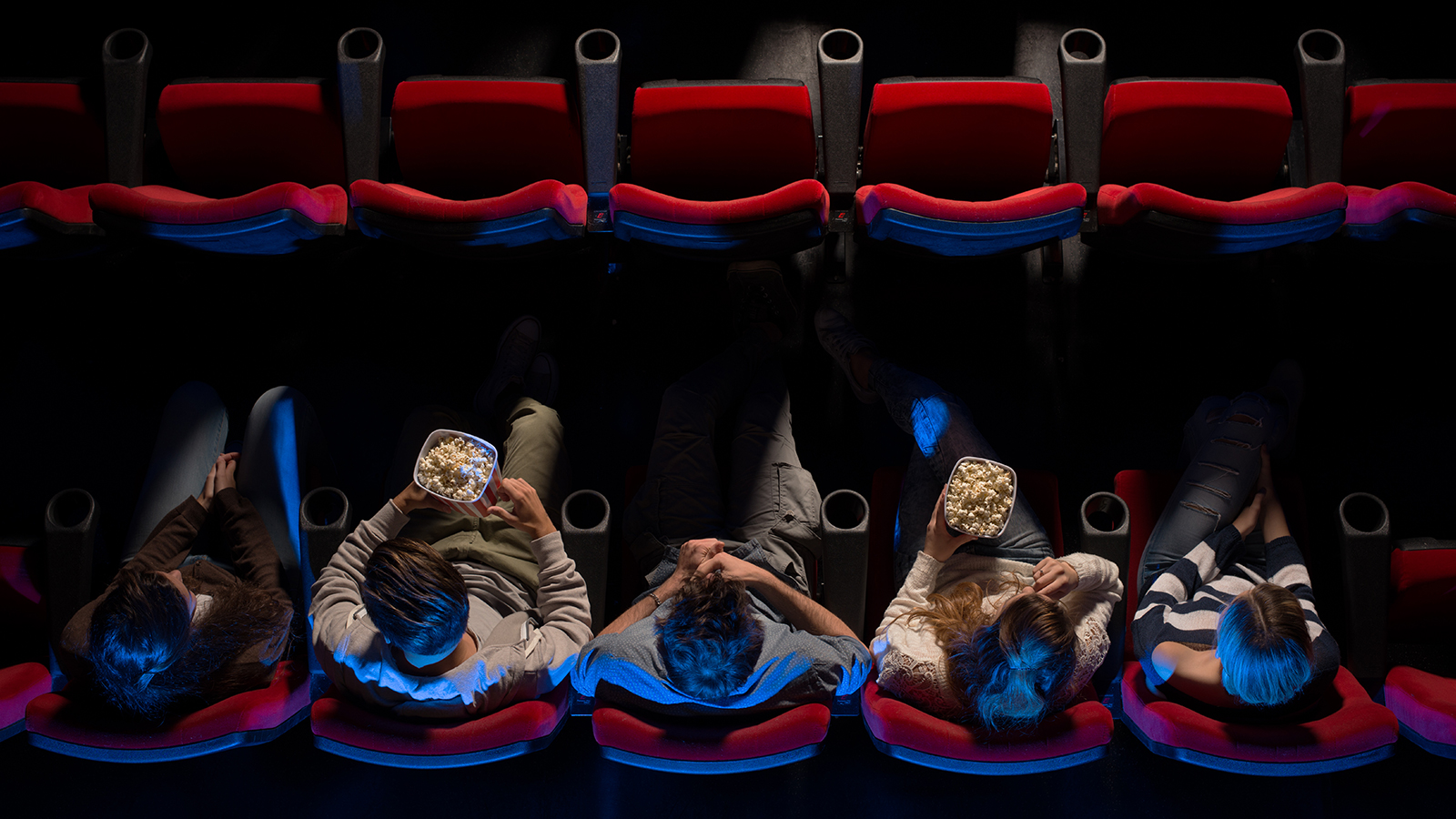The screen drama engulfing the media world!
Of late, the media and entertainment world is witnessing a new drama. It began when several movie producers decided to skip a theatrical release and go direct to digital, a move which many theatre owners were long fearing. For years, theatre owners and producers have maintained a strong alliance and have always moved towards a common goal of mutual benefit. But due to the ongoing pandemic, both theatre owners and film producers, are bleeding money at an alarming rate. While theatre owners must wait until lockdowns are lifted, producers have the option to either wait until theatres open again or go digital before that! This has ruffled a few feathers and caused different reactions all over the world.

Universal and AMC, NATO, and others disagreed over ‘Trolls World Tour’. ’Artemis Fowl,’ ‘Scoob!’, ‘The King of Staten Island,’ ‘My Spy’ and ‘The Lovebirds’ are going straight into Home. There were criticisms that these movies would not have made big on the big screen, so are trying to make the most of it by going straight to home! In India, much-anticipated movies like ‘Gulabo Sitabo’ and ‘Shakuntala Devi’ have lined up for a digital release. This has drawn considerable flak from theatre owners. Multiplex chain INOX spoke of “retributive measures” in their statement, while PVR urged producers to hold their releases. Regional theatre associations also threatened to ban films by producers who chose OTT over theatrical releases.
On the other side of the aisle, Netflix added 15.8 million global subscribers in the quarter. Amazon Prime, Hulu, Disney+, among others, have also seen gains in subscribers. Releasing a movie in such times does sound great as viewers will be looking out for fresh content. But is a theatrical release the same as streaming? In case of streaming, there is no additional payment being generated for a particular movie. So no matter how many new blockbusters are released, it's just the subscription fee that's generated unless a new model is being planned. This is why Hollywood producers are moving to the pay-per-view model, which is closer to buying tickets to watch a movie. I believe none of this will ever be as effective and profitable as a theatrical release. But considering the present situation, it's all about making money and as the old saying goes, “Today's dollars are worth more than tomorrow's”.
When theatres reopen, viewers will not feel as safe as they did earlier. And even if they do, social distancing norms won't allow theatres to hold the same capacity they did pre-COVID. So are producers making a choice or a compromise? Do the producers believe direct-to digital will be the new normal, or are they trying to recover costs by taking advantage of the growing OTT subscribers and increasing viewing time?
Once the lockdowns are lifted, there will be a drop in subscribers for OTT channels. Netflix even admitted the same in its quarterly letter to shareholders. Most Hollywood movies going the digital route are said to be low or mid-tier movies that weren't forecasted to be blockbusters. Many big movies such as F9 - Fast and furious, Black widow, and Mulan, which are kept on hold as the studios know that theatrical experience is an essential aspect of a movie's success.
While the lockdowns have made consumers realize the power of OTT platforms, and the video on demand is here to stay, they can't compare to the USP of theatres. A visit to a theatre is much more than a movie. It's an entire experience within itself that's part of our shared cultural experience. The social distancing norms are definitely a challenge for theatre owners, but this is also an opportunity to innovate and adopt emerging technologies such as AR/VR, immersive technologies and 5G.
Post lockdown, people will move away from their mobiles, laptops, iPads and TV screens, leading to decreased consumption of content. People would long to move out of their homes and this would be a great sign for the theatres, social distancing norms withstanding. Theaters that adapt and innovate in these changing times will not only survive, but thrive. Till then, we stay home, stay safe and keep binging!
About The Author
Sumit Grover
Sumit is a result-oriented strategist who has over the years built globally diverse, high performing teams for customers both via in-house capabilities and partners. He is the Business Head of Cable, Media & Entertainment vertical at Tech Mahindra.




